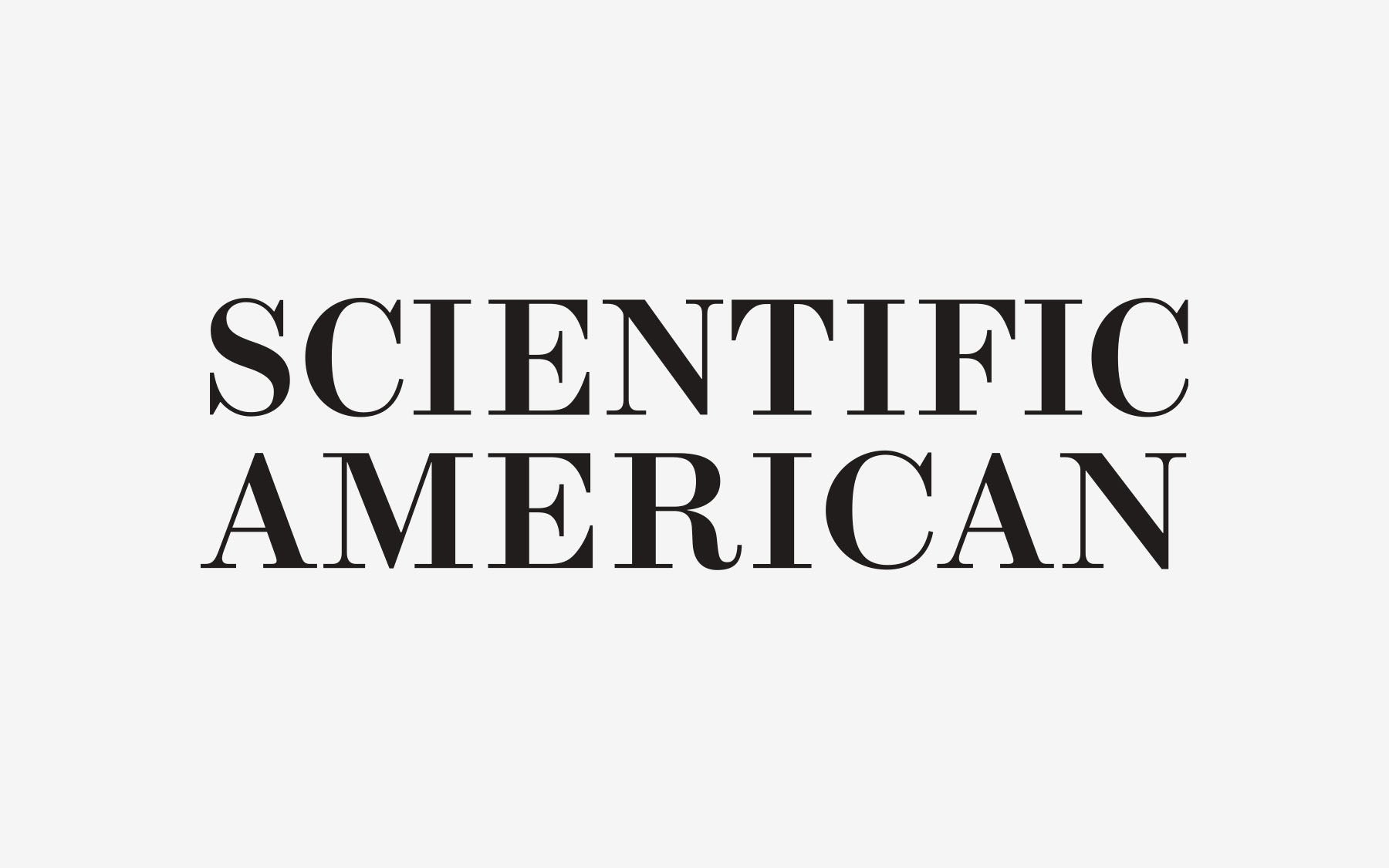DNA from the Beginning, a web site created by the multimedia group at the CSHL Dolan DNA Learning Center, is a winner of Scientific American magazine’s 2002 Science and Technology Awards. Scientific American’s editors reviewed thousands of sites and selected DNA from the Beginning as one of 50 of the most valuable science and technology resources for their readers.
DNA from the Beginning is an animated primer on the basics of DNA, genes, and heredity. It contains not only accurate and clear descriptions of a large number of topics in genetics and molecular biology, but also interviews with leading researchers and many other features. Other awards and commendations garnered by DNA from the Beginning include: “Ten Cool Sites” (Exploratorium, San Francisco), “Best of the Web” (Popular Science), “BigChalk Best” (bigchalk.com), “The Webby Awards” (2000 nominee), “Top Rated Site” (MedExplorer), “Hotspot-Keysite” (New Scientist), “Selected Member” (Britannica Internet Guide), “Seal of Approval” (Web Feet: The Internet Traveler’s Desk Reference), and “Digital Dozen” (The Eisenhower National Clearinghouse).
DNA from the Beginning was created by Shirley Chan, Chun-hua Yang, Susan Conova, Susan Lauter, Gisella Walter, Matthew Christensen, Jan Witkowski, and David Micklos.
Written by: Communications Department | publicaffairs@cshl.edu | 516-367-8455
Funding
DNA from the Beginning was made possible by a grant from the Josiah Macy Jr. Foundation.
